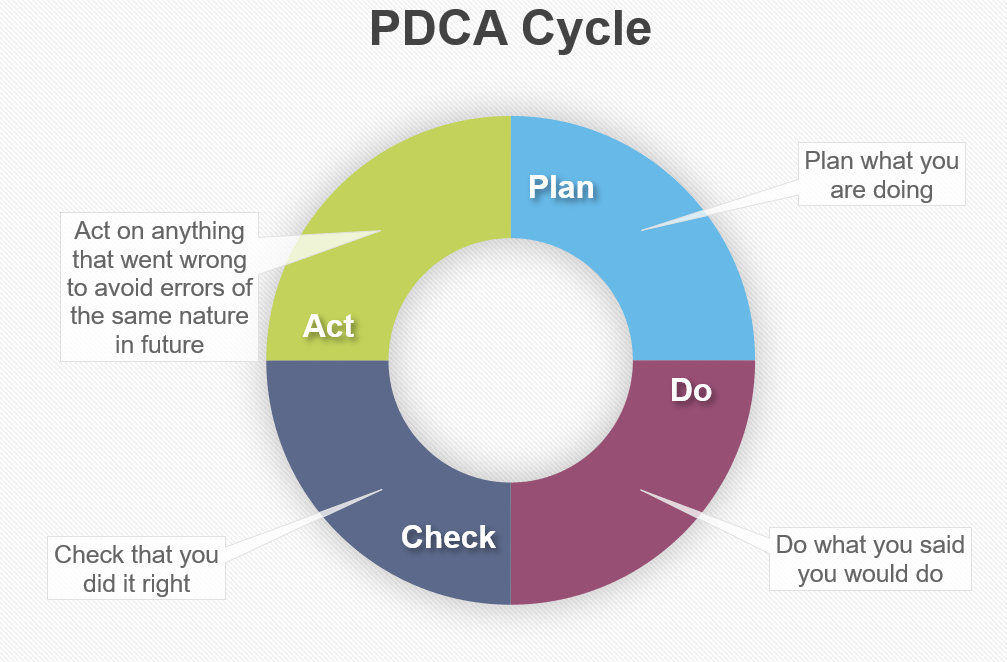After extensive lobbying by the parents of Natasha Ednan-Laperouse, a teenager who died after having an allergic reaction to an unlisted ingredient in a pre-packaged meal, Natasha’s Law will be coming into force on 1 October 2021.
Also more formally known as the UK Food Information Amendment, the change will be enforced across England, Scotland, Wales and Northern Ireland.
From this date, food businesses will need to provide full ingredients lists on food that is pre-packaged for direct sale on the premises. This includes allergen labelling, which must be highlighted in some way; for example, by putting the words in bold, italics or colour.
The change will hopefully give the estimated two million people living in the UK with a diagnosed food allergy greater confidence when purchasing food.
Your responsibilities as a food business
The amendment means that your responsibilities as a business will change, and your current processes and operations must be adapted as a result.
Supply
To ensure you know what goes into the food you sell, you need strong communication with your suppliers, who should know the exact ingredient composition of any foods they provide to you. This also means that you should specify particular brands and their back-ups so you don’t get sudden surprises.
If you haven’t already, developing an approved suppliers list can also ensure that you have tight control over your food and ingredients. Suppliers who are not transparent about their ingredients or sources should be removed from this list.
Training
Staff should all have food safety training, such as that provided on our QMS eLearning platform, but you should also make sure that your staff are educated on the 14 allergens that need to be displayed by law as well as who to consult if they have a customer query on ingredients or allergens. Roles and responsibilities for food preparation and labelling should also be clearly defined.
Evaluation and improvement
To ensure that labels are updated if recipes change, new staff are trained and that your labels remain legible, you need to have processes that regularly review your operations and seek opportunities for improvement.
How can ISO 22000 help?
 ISO 22000 is the international Standard for food management and is designed so that organisations of all sizes, and all places within the food supply chain, can implement processes that help them to identify, monitor, reduce and prevent food safety hazards.
ISO 22000 is the international Standard for food management and is designed so that organisations of all sizes, and all places within the food supply chain, can implement processes that help them to identify, monitor, reduce and prevent food safety hazards.
With the Standard, your business will be able to:
- Plan, implement, operate and maintain a food safety management system that ensures you provide safe products and services.
- Stay compliant with changes in law and regulations, such as Natasha’s Law.
- Evaluate customer food safety requirements and ensure you stay compliant with them.
- Communicate food safety to your staff and other interested parties within the food chain.
The Standard’s Plan, Do, Check, Act cycle also means that you will regularly review the performance of your management system and find new ways to improve it to ensure that your customers can be confident about the products they buy from you.
You can find out more about the ISO on our dedicated webpage.

